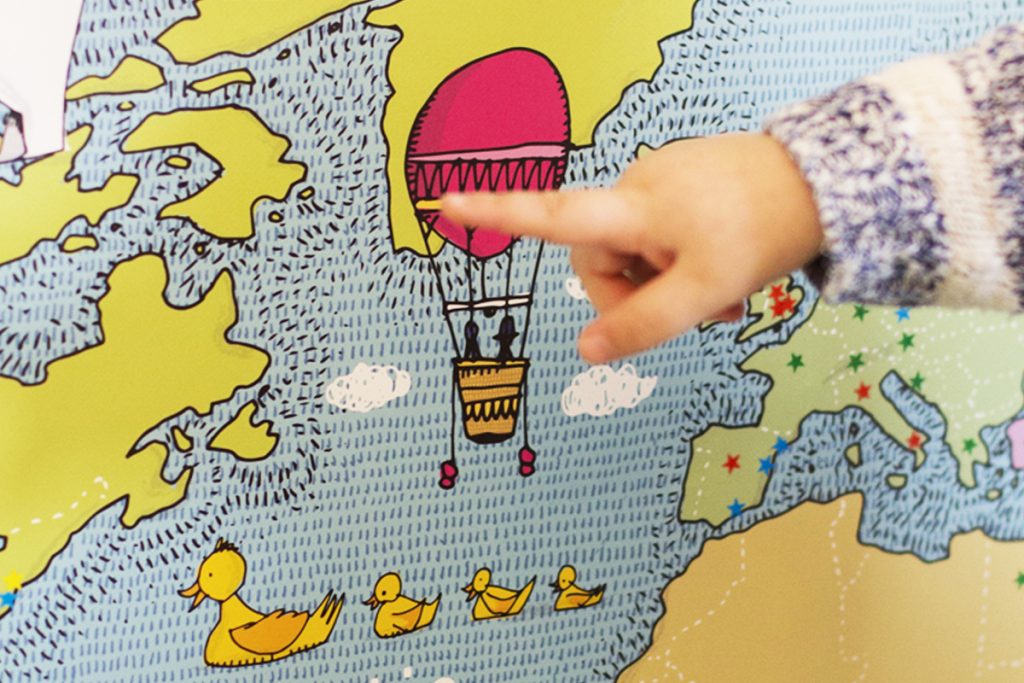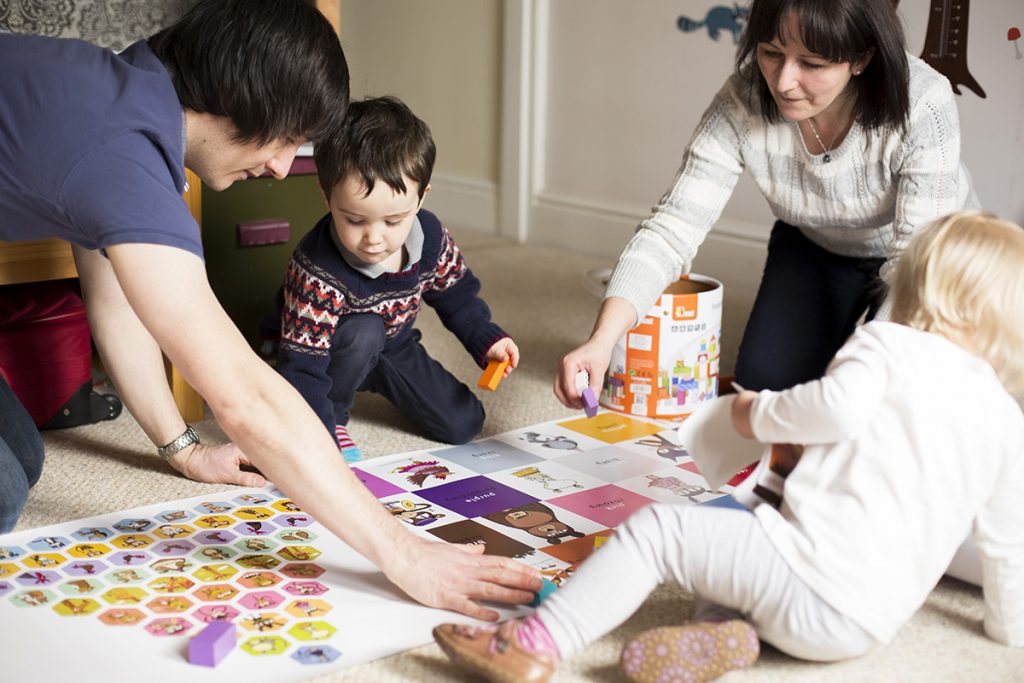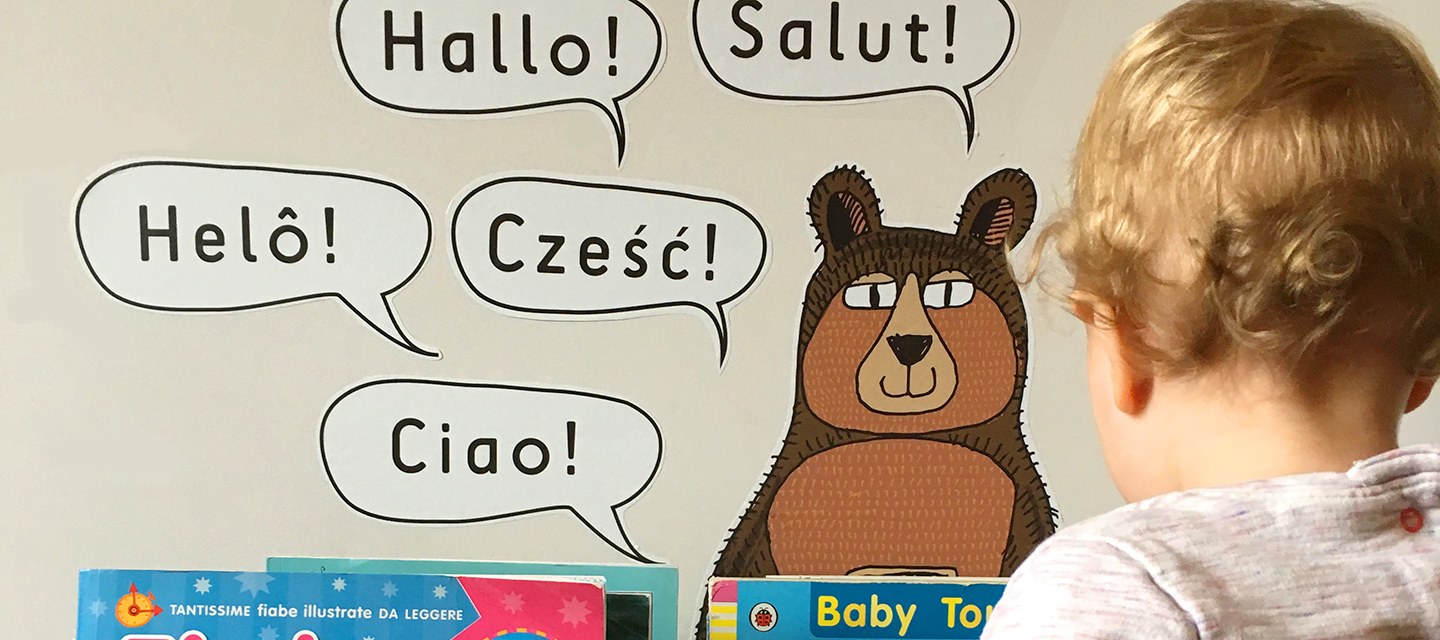How Global Citizenship is Inspiring Lil’ollo
It can be easy to batten down the hatches when you have young children. With our newsfeeds constantly letting us know that the apocalypse is here, you would be forgiven for taking your brood and hiding under a rock for the foreseeable future. However, looking outwards and connecting with the world is important for all of us, especially our children.
The term global citizen, or world citizen, has been around for some time. It is based around an understanding that we are all a part of one interconnected world. We need to respect and celebrate our differences, and work together to combat the challenges we face as a planet. Seeing as we’re not escaping to Mars just yet, this outlook sounds infinitely sensible to me. There is a catalogue of serious problems affecting people everywhere, including ingrained inequality, racism, war, famine, obesity, climate change, corruption, economic instability, to name just a few. Decisions made on one side of the world affect people on the other, right down to the purchasing choices we make.

Although world issues are never far from my mind, I hadn’t thought in depth about global citizenship and what is means for our family and for Lil’ollo. This was until a few weeks after my second little bundle was born. In June 2016, 51.9% of Britain voted to leave the EU. When I heard the results, I sat on the step in our kitchen with baby N and cried. The world I was born into looks very different from the world my children are experiencing and, with the rate of change speeding up even further, we can expect yet more flux in the next 30 years. There will be some difficult conversations to have as our children grow. However, our beautiful diversity as a species will always be something to celebrate and cherish. There are so many amazing things to learn and stories to tell.
It is this desire for global understanding and kinship that has driven so much of what Lil’ollo is. Language learning is an interconnected part of helping to nurture global citizens. Alongside the practical benefits of being able to identify and communicate with new communities, a second language can help children adapt to change, become more adept at solving problems and, perhaps most importantly, be more empathetic towards others. It’s not just a love of languages we want to see embraced by the next generation, but a sense of place within and a comprehension of the greater world around them as they grow.
After all, it is often the smaller actions that come together to create great change and I hope the products and ideas we develop at Lil’ollo over the coming years help the next generation learn a little more about each other.

Alex is a designer, writer, entrepreneur, problem solver and mother to two multilingual children. She is passionate about using design to improve people’s lives and has worked on projects around the world. Alex is a champion for languages and creative arts in early education and the creator of Lil’ollo.

